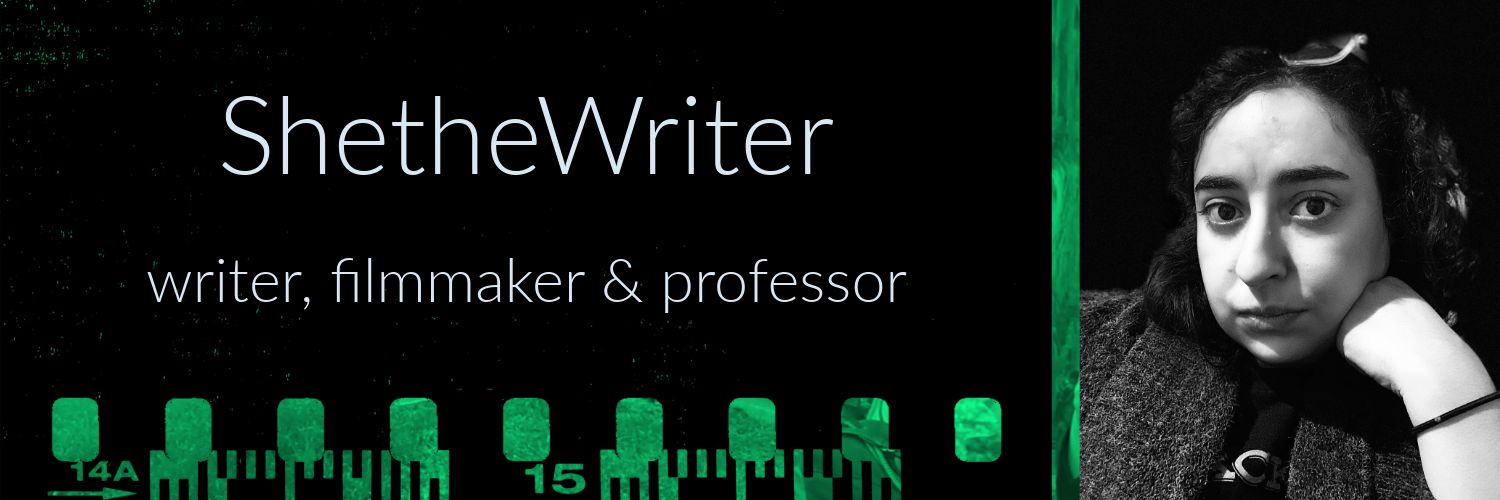Whether I’m making a film or a novel or any other kind of long story, project management is key. I’ve learned a lot over the last several years about which aspects of project management are worth the investment and which are worth abandoning. I’ve made a lot of mistakes, but I’ve learned a thing or two about margin that is worth sharing today.
Like the hole-punched side of your binder paper, margin in a project is about having extra space. You have to have room for error. I’m often told that my projects are ambitious, but in truth, I try as much as I can to underestimate how much I’ll be able to do before my deadline. Then if there’s extra time deep into a project, I have a better perspective on how to use it than I would at the start of a project.
Margin isn’t just scheduling, though. It’s also about archiving and project security. In the case of video, project security is all about backups. If I think I’ll get 1 or 2 terabytes of footage, I get a 4 terabyte drive. I back everything up and I have a backup plan for the backup plan. I’m almost irrationally cautious about how I store, carry and use my hard drives. Every measure is worth it if it can protect me against losing just one aspect of the project. Other aspects of project security can include considerations of your resources. Know your priorities ahead of time so that if things don’t go as planned, you know what compromises you are willing to make and which things you simply can’t compromise. Be conscientious about where, when and with whom you share your ideas. This isn’t just important with film, when so many things are required for production. It’s important for writing, too, because even when you’re writing a novel, you’ll have to make difficult decisions about what your project is going to address and what things have to go to the wayside.
Archiving has more to do with having a good workflow and doing a favor for your future self. It’s easy to know what all the pieces in a project mean when you’re in the center of the work, but neglecting organization and archiving your ideas, records and progress is a major loss. A record of your project is, in itself, a potential piece in and of itself! There’s two stories to your project: the end result and the tools you used to make it. Keep your sketches, notes, and mind maps; and organize them for future study. How can you expect to write metafiction if you don’t respect the form of the process itself? Have a sense of pride and respect for the learning process as you go along, and don’t cast off old drafts in shame. Your future self will thank you; and who knows? Perhaps someday others will want to see what’s behind the finished result, and you’ll be ready with something to share.
This is the first in a four part series on project management. Come back next week to learn about delegation and vulnerability.



